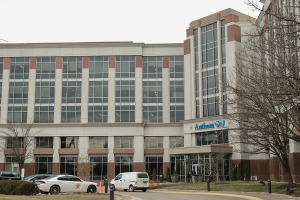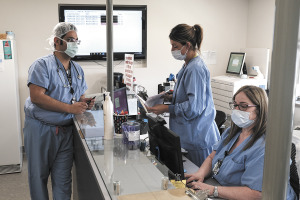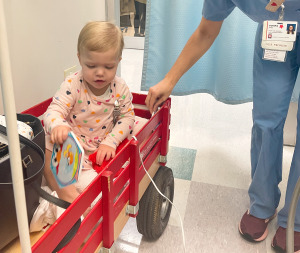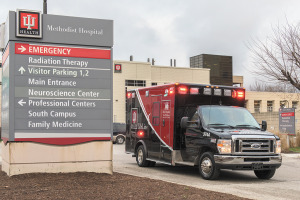
Anthem pays $4.5M to Indiana hospitals in ER billing dispute
An arbitrator ordered the payments, and the hospitals say they can claim at least another $12 million from Anthem for tens of thousands of additional claims that it says the insurer has downgraded and not paid in full.









